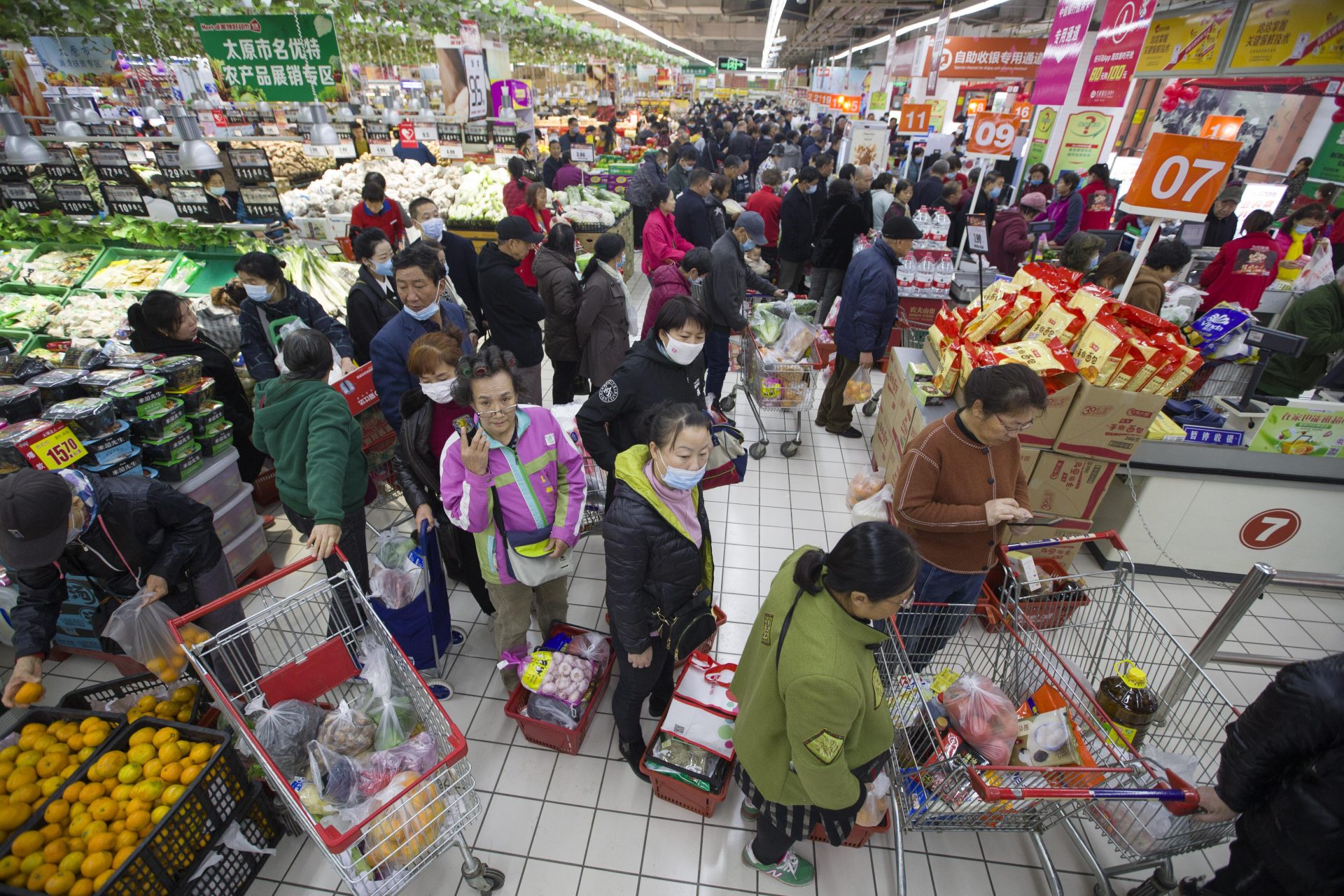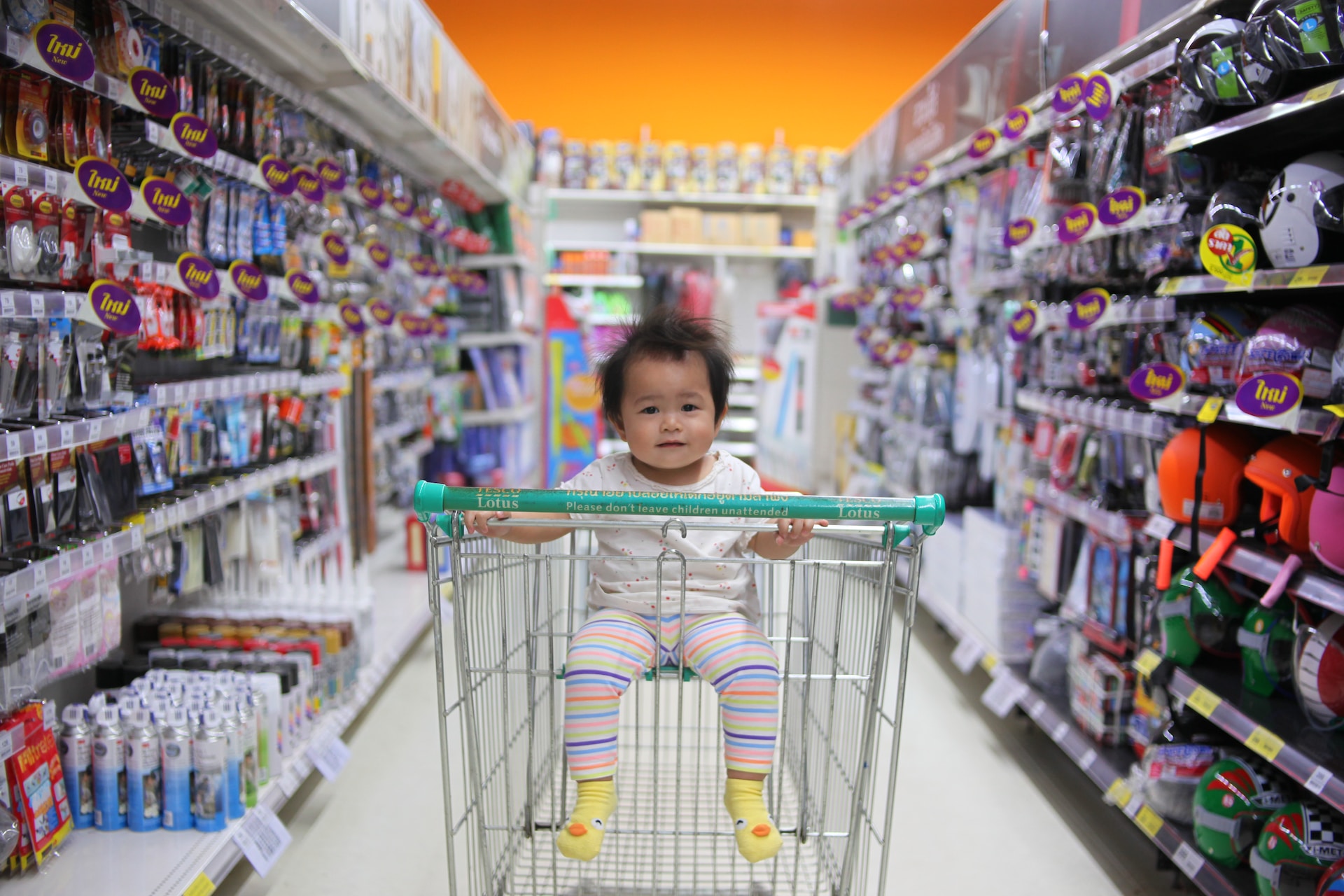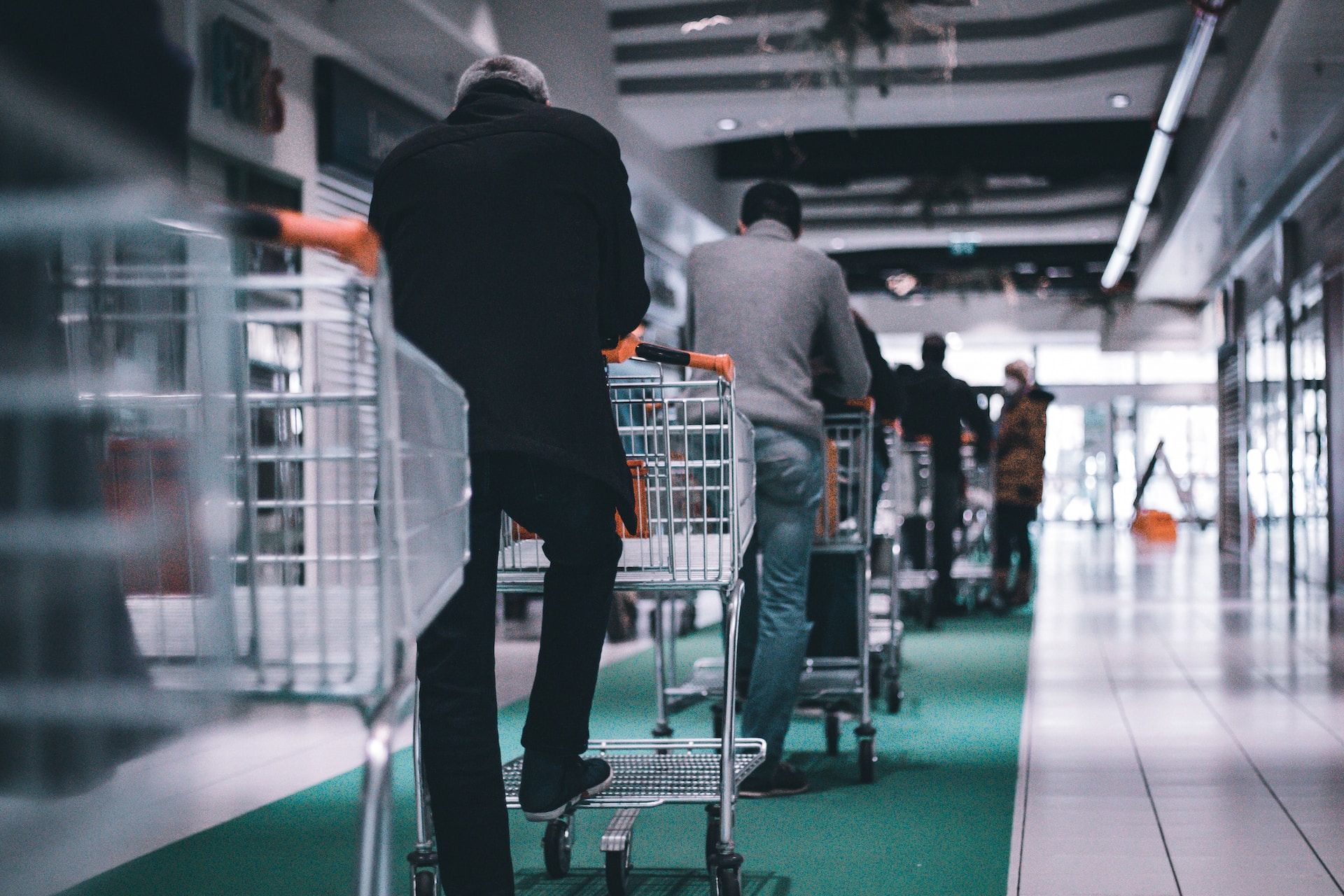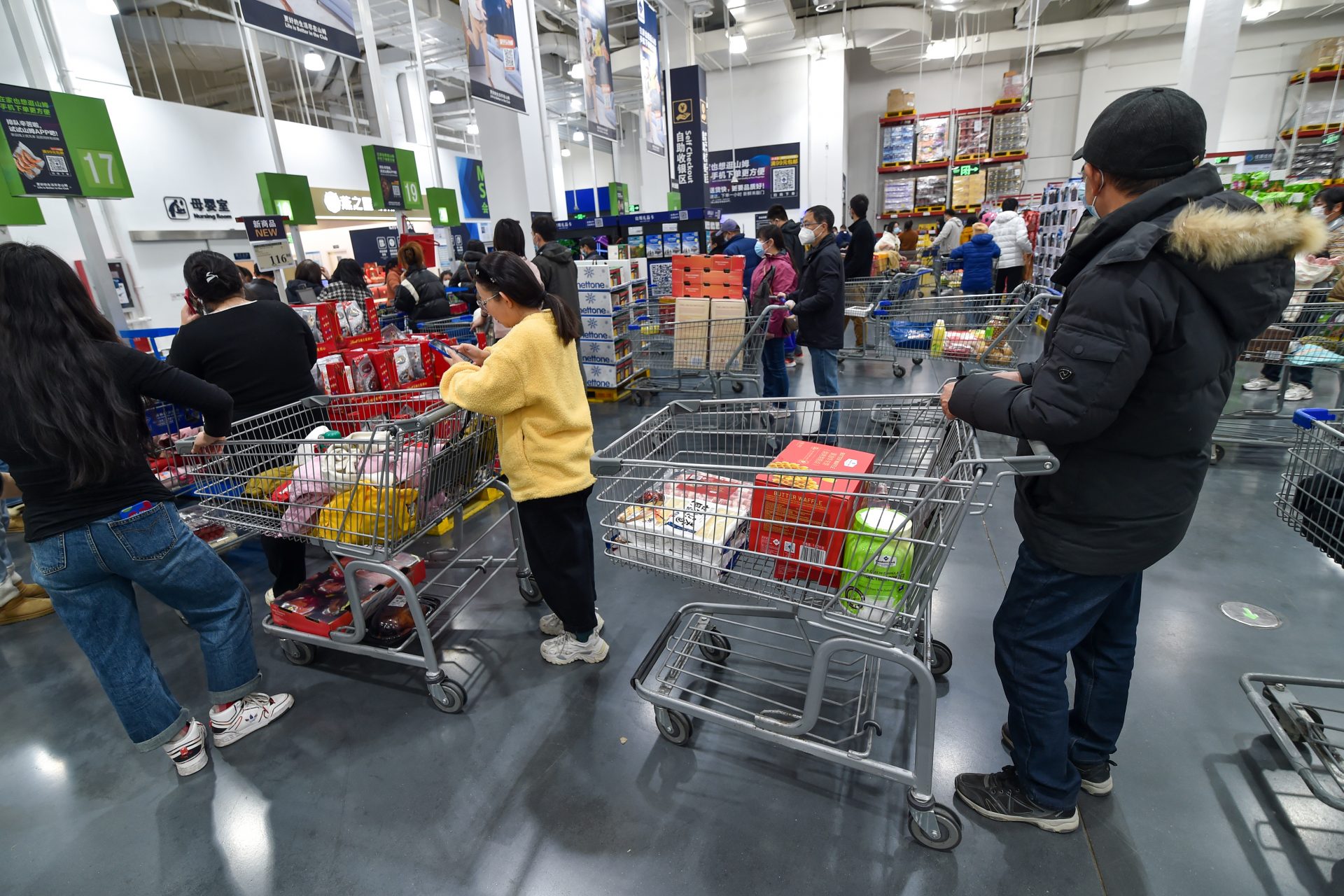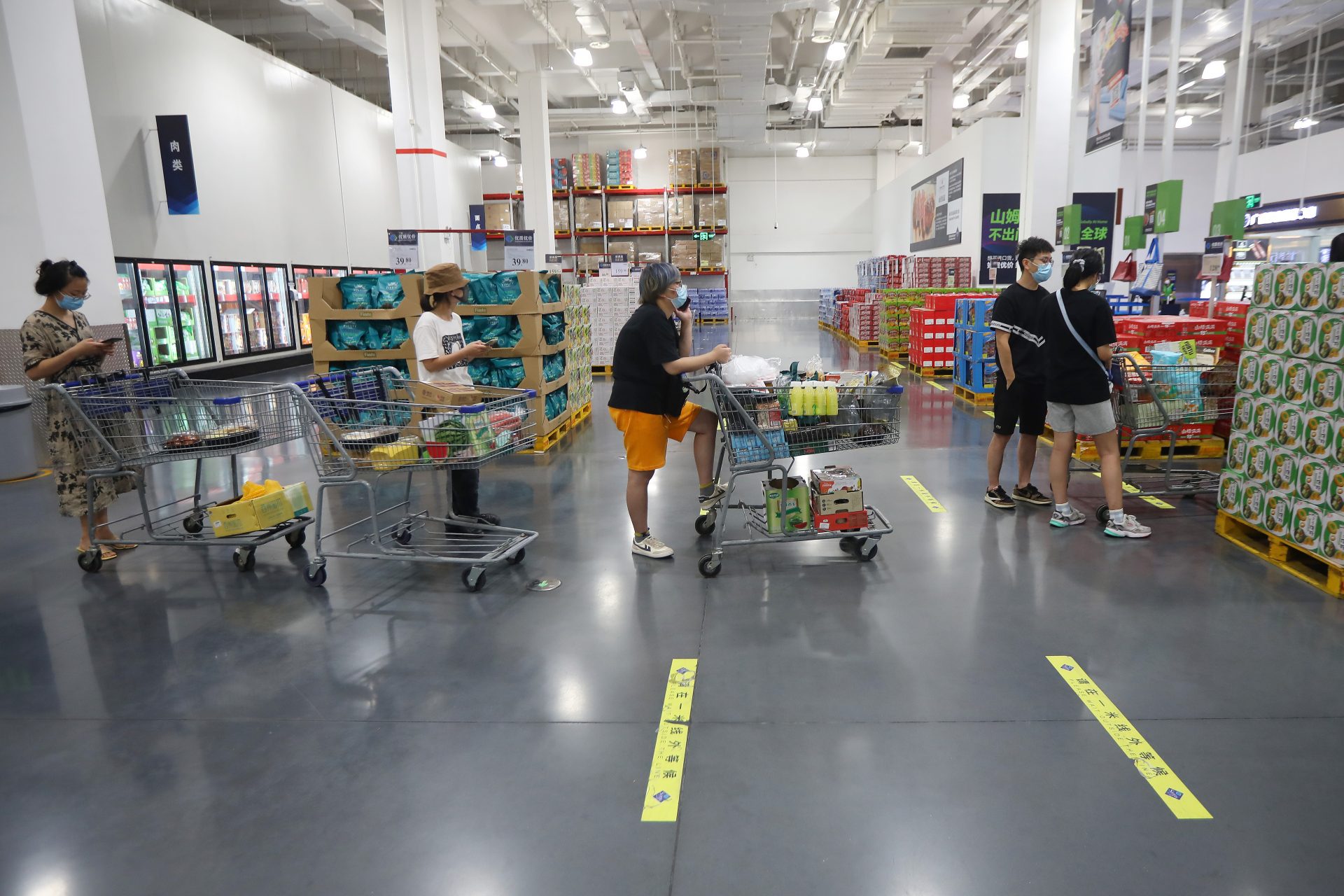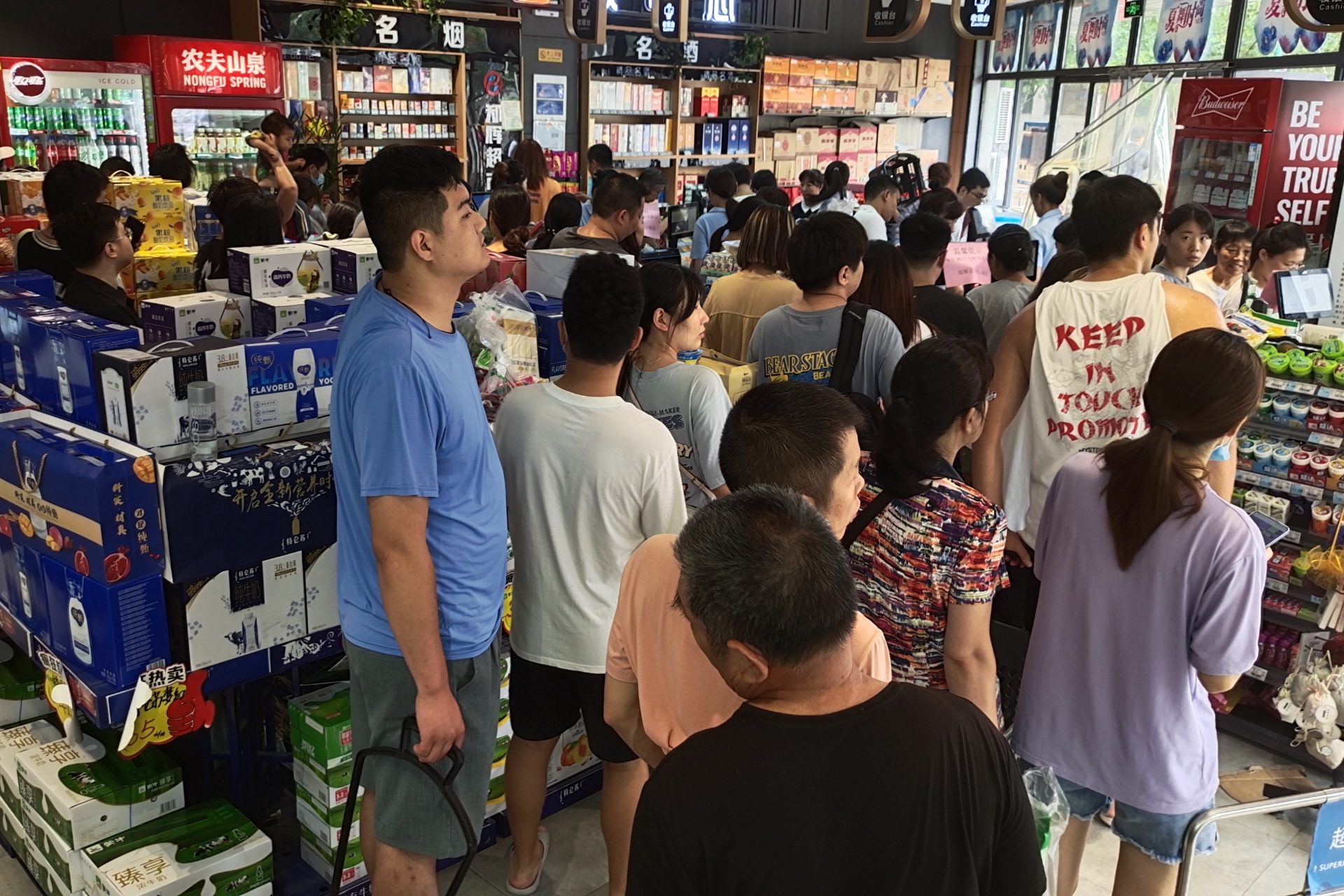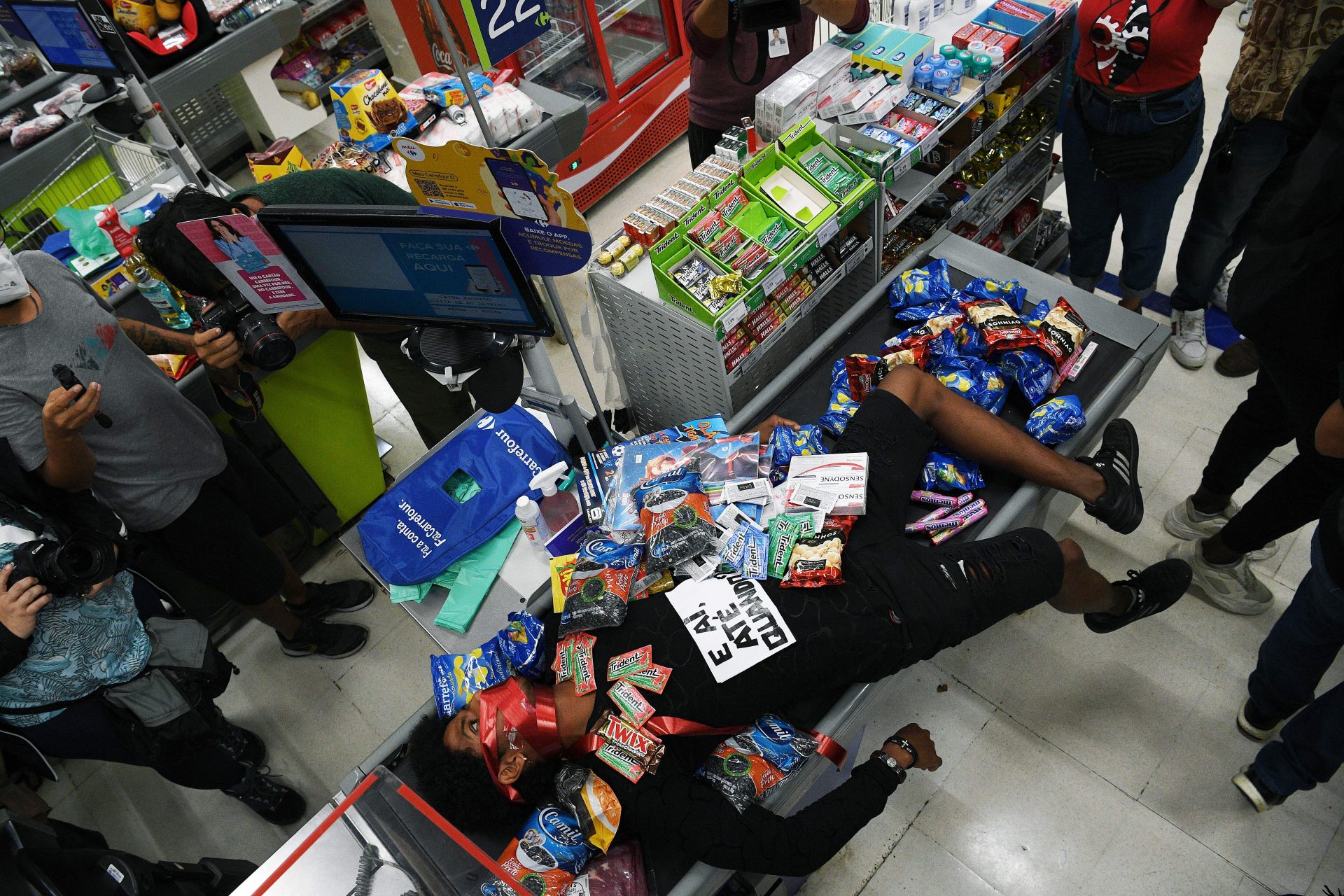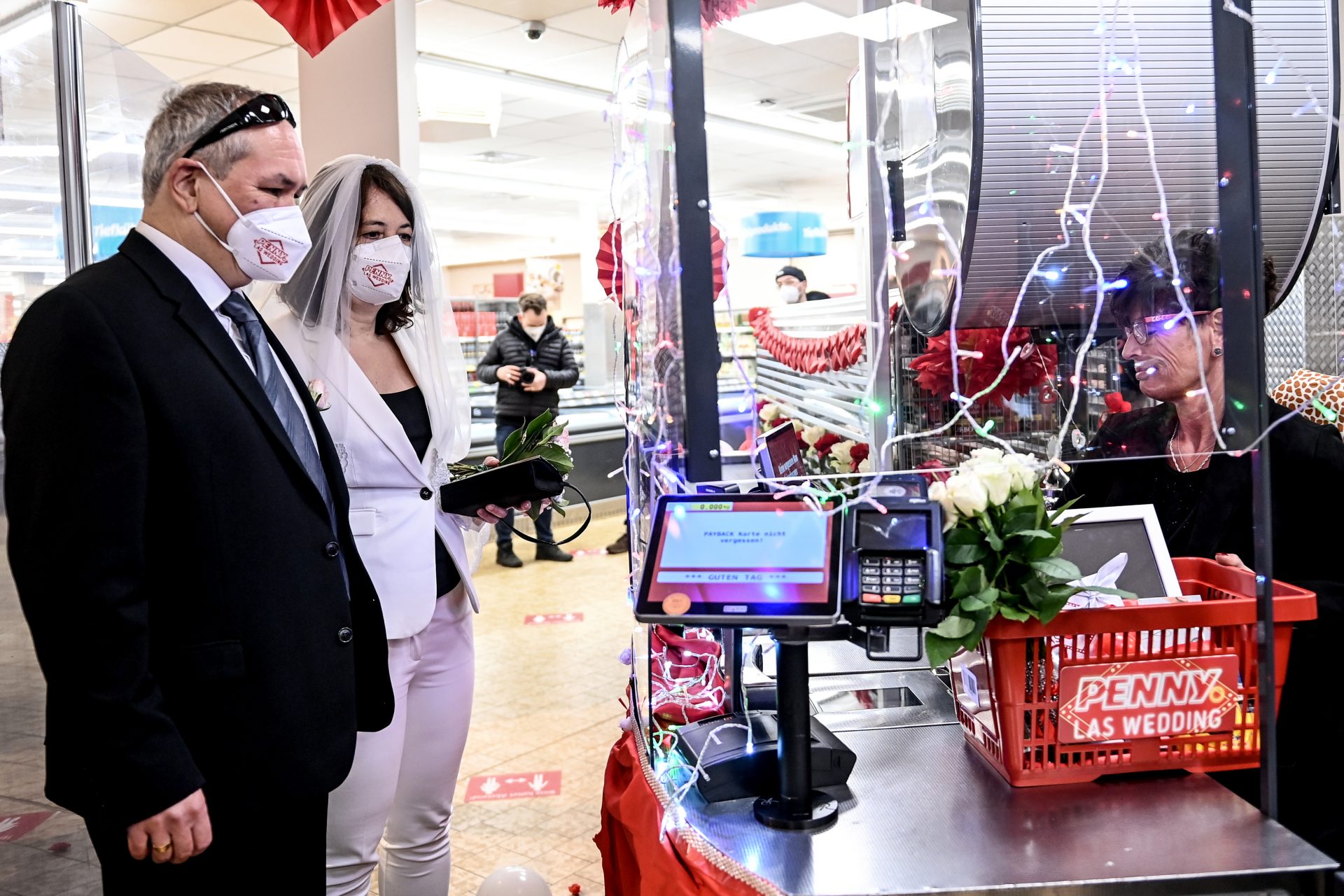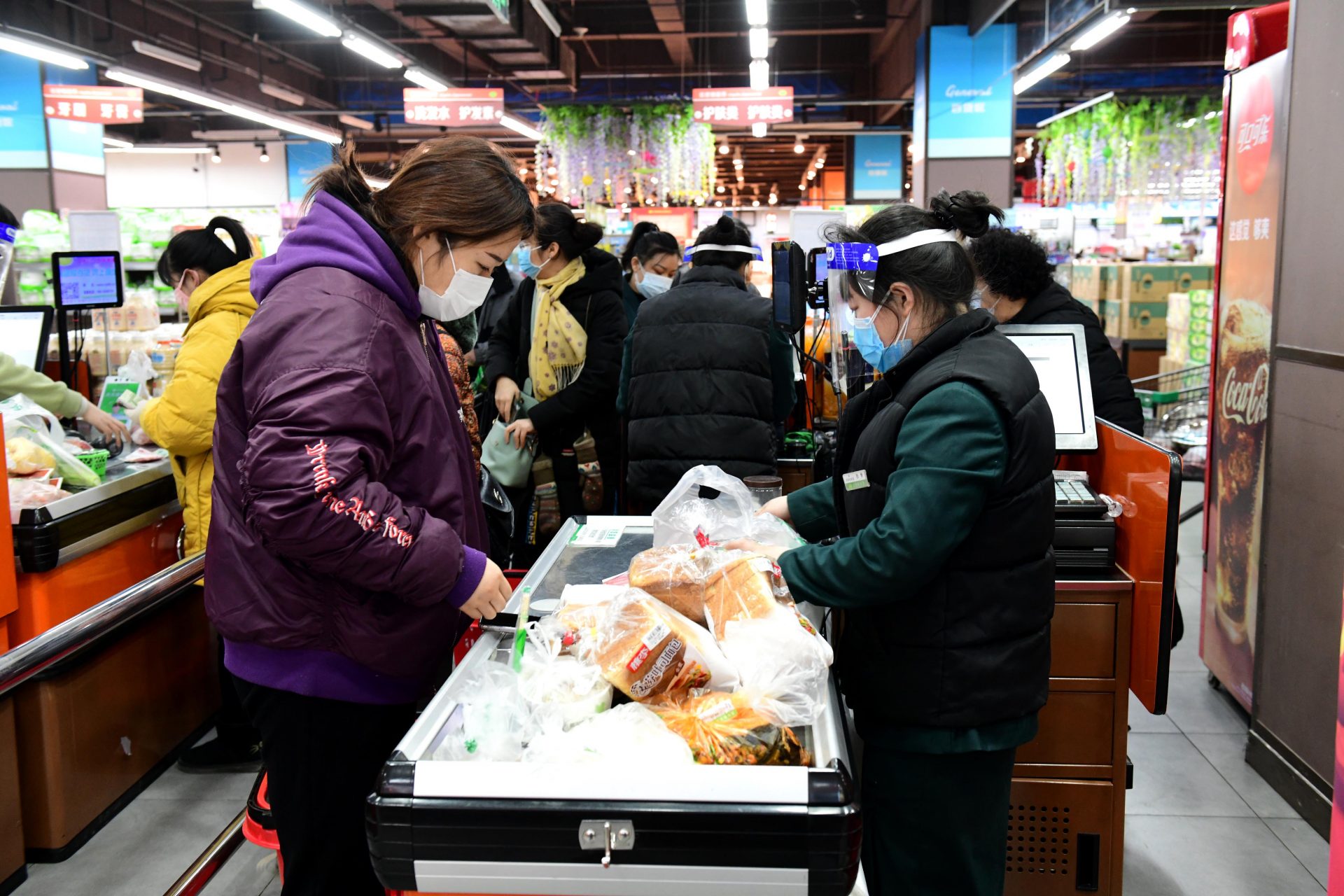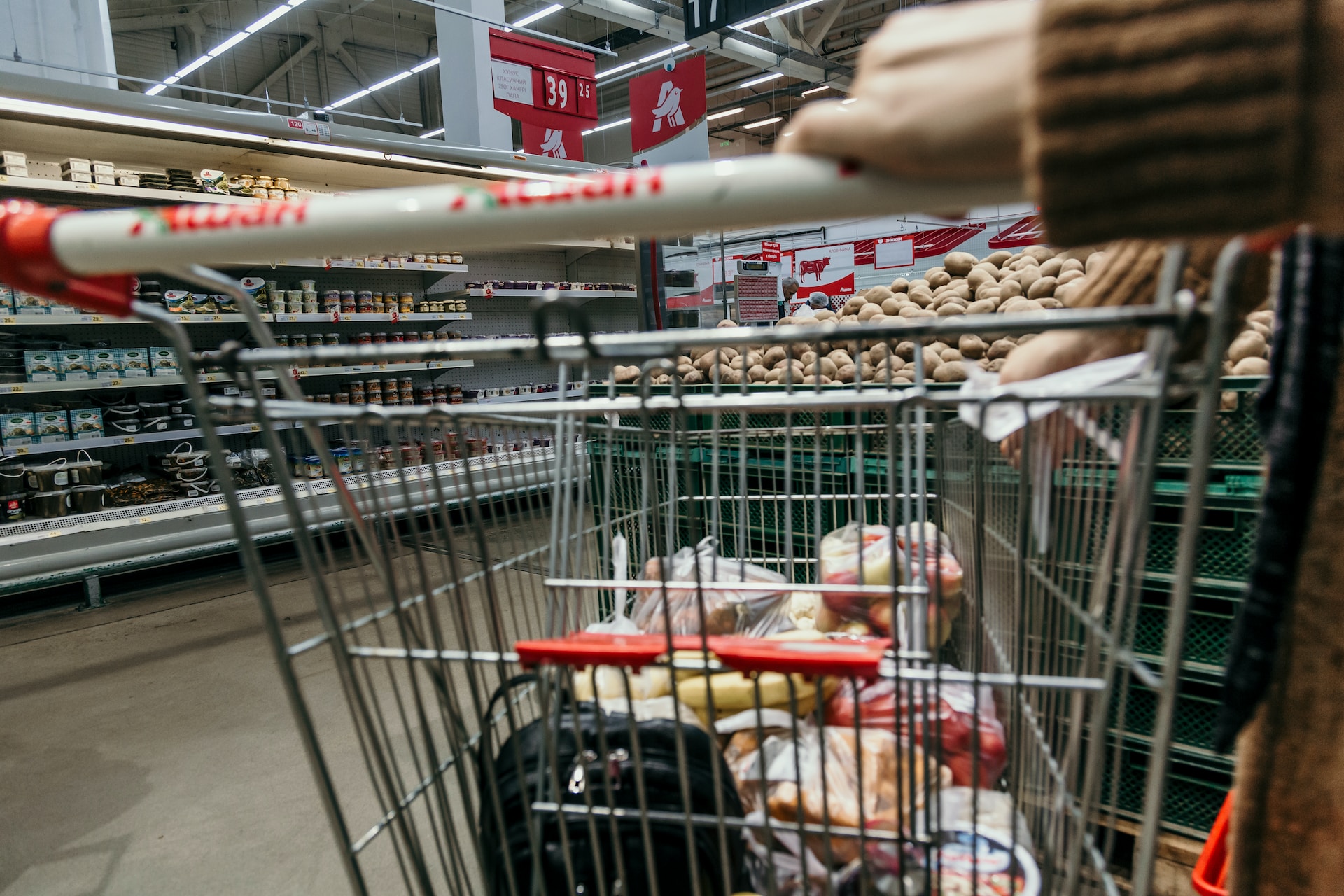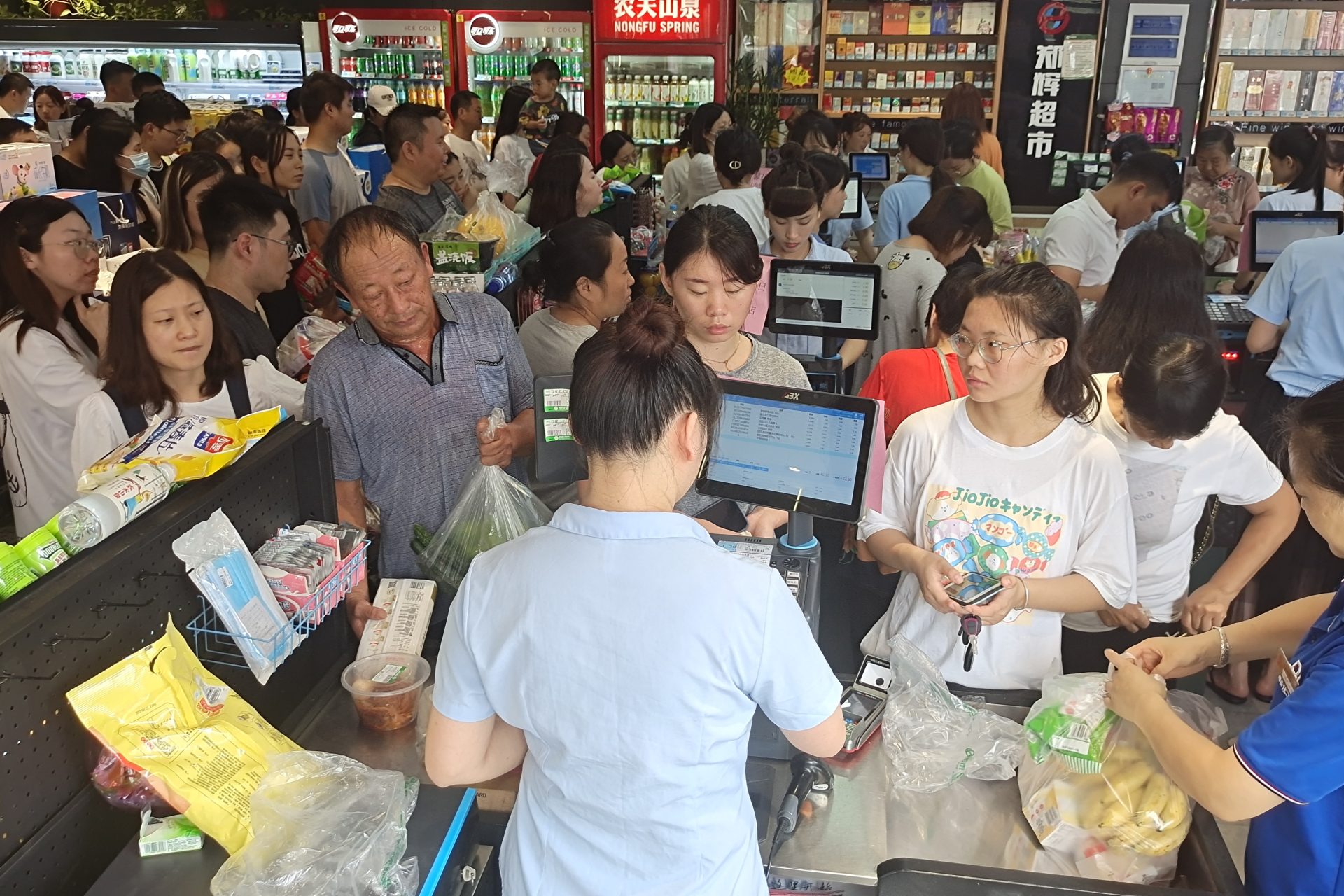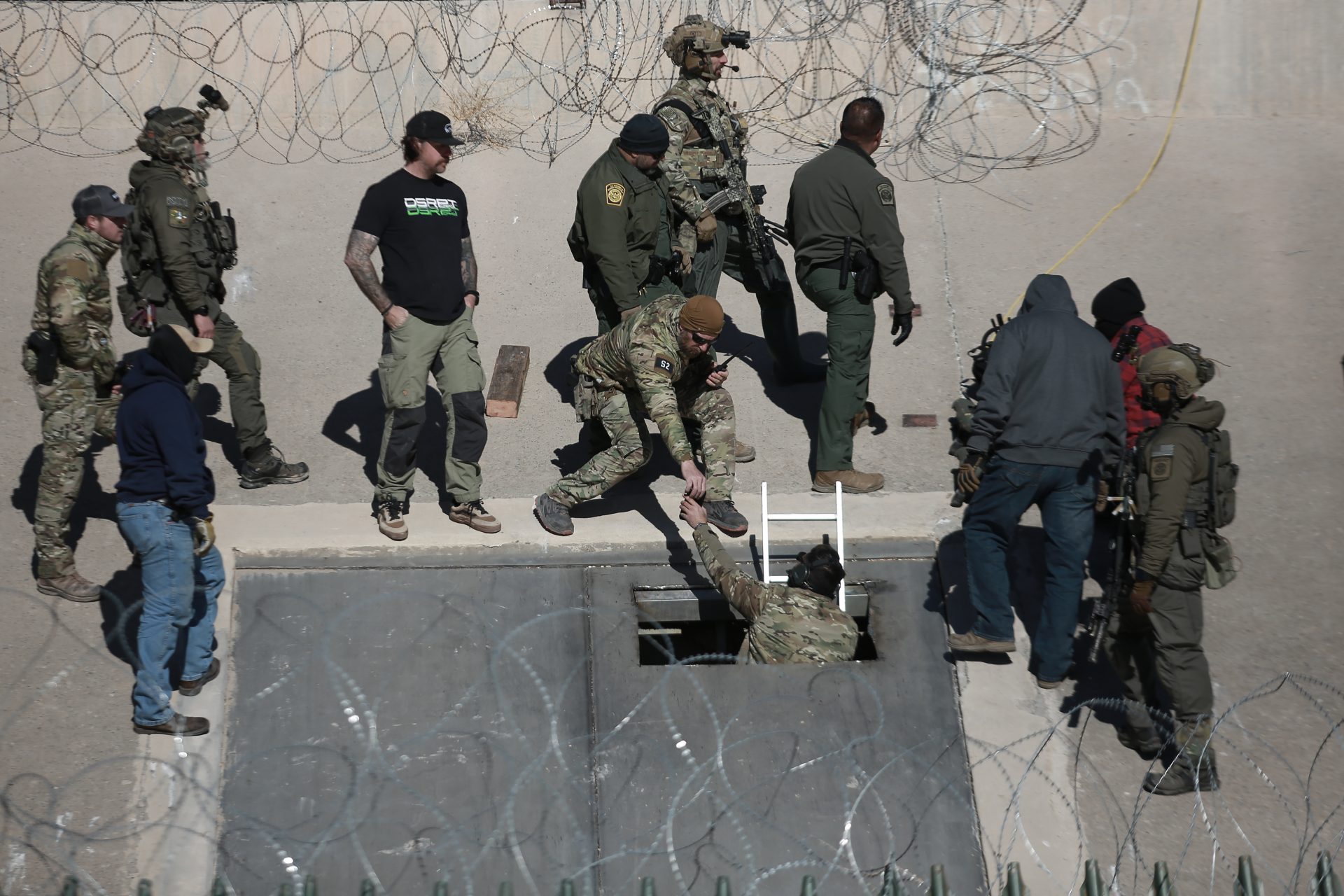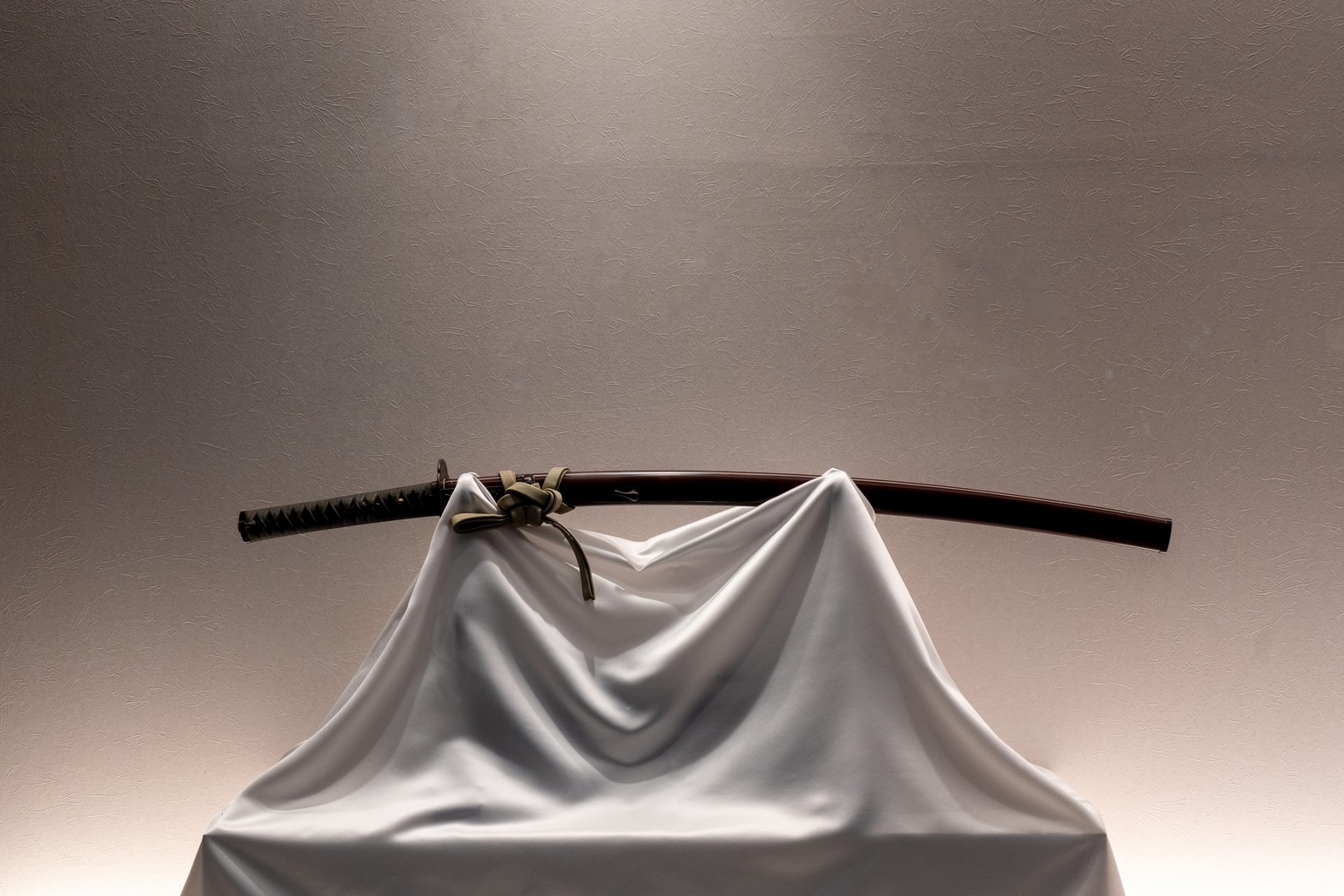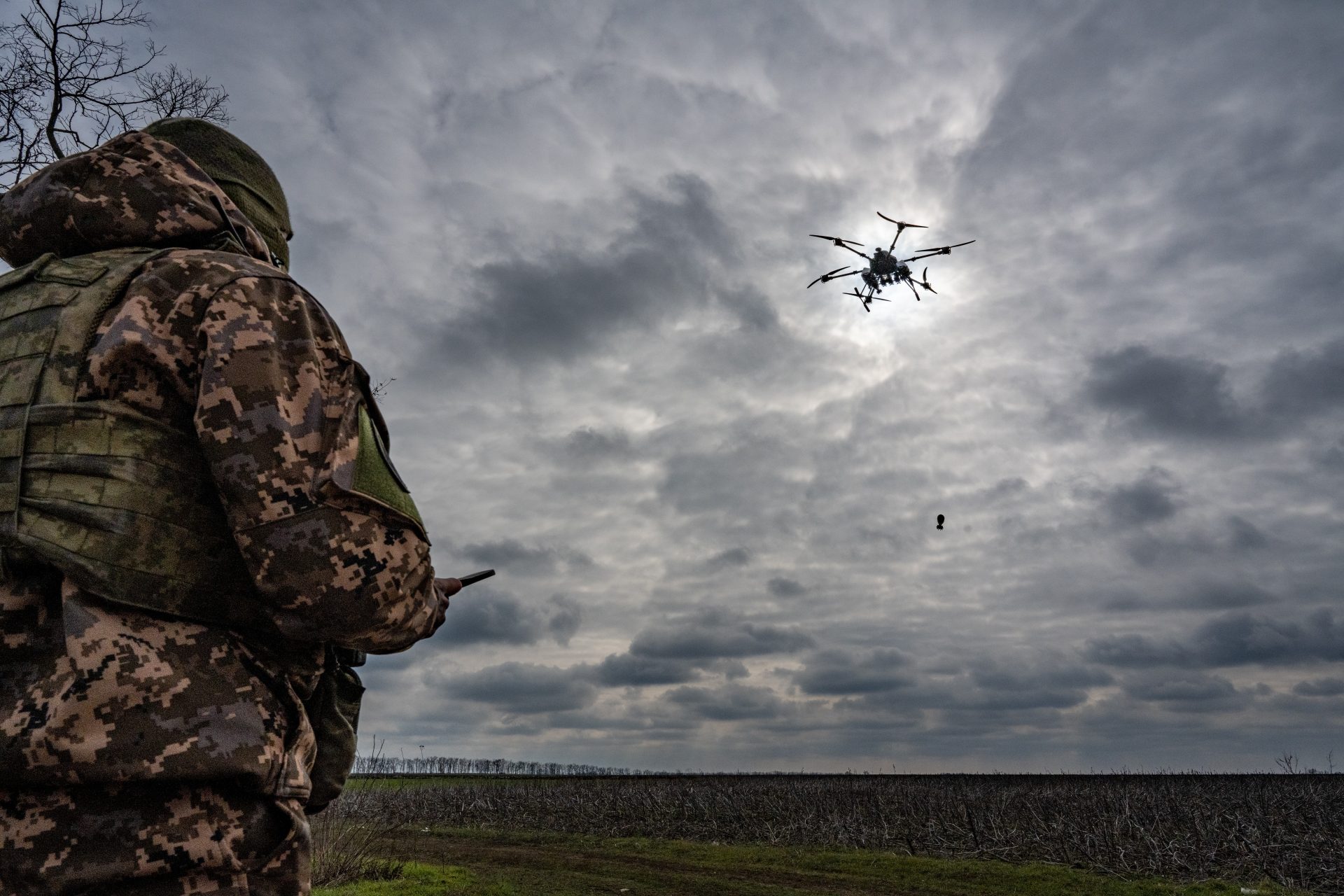Which line at the supermarket is the fastest? This scientist thinks he knows the answer
Certainly, 99% of customers who go to the supermarket have one priority: finish picking up the groceries that they need as quickly as possible. This process is greatly influenced by the waiting time we spend in line to pay.
But when paying, we are always faced with the doubt of which cashier to choose: the one with fewest people in the queue, but very full carts, or the one with many people but with few products in their carts....
Photo by: Unsplash - Jomjakkapat Parrueng
To answer this dilemma, Spanish mathematician Eduardo Sáenz de Cabezón turned to statistics and probabilities, but, above all, to logic. And he published his conclusion in a video on TikTok.
Photo: Unsplash - Adrien Delforge
“Mathematics says it’s best to get in the line that has the least carts, even if they are very full,” he says.
Eduardo Sáenz de Cabezón explains the reasons that led him to this resolution.
"What is the operation that can delay everything? Paying. Delivery of products is quick, but it is with payment that there can be problems", he states.
And that's where logic comes in and, in fact, memory. Do you remember a time when the conveyor belt where we put the products or the barcode reader broke? Probably not.
However, everyone suffered from the customer who pays a large amount in coins, drops the money, pulls out their coupons, forgot their PIN for their card, or demands a 3x2 deal on their yogurts.
In fact, the mathematician points out these possible problems as the elements that could greatly delay your purchase, even delaying things so much you fear your ice-cream will melt.
So, even if you don't agree with the theory, the reality is that mathematics has already given you the answer you've been looking for your whole life: choose the line with fewest carts, even if they are very full.
Photo by: Unsplash - Marjan Blan
Despite everything, on our minds, the fastest cashier will always be the one we weren't in line for. The same thing happens the two times you wash your car in your life. After two hours, even in the middle of a drought, it starts to rain. But mathematics has little to do with bad luck!
More for you
Top Stories



